How to battle bacteria without bleach
Experts share their cleaning tips and why you don't always need bleach to kill bacteria.
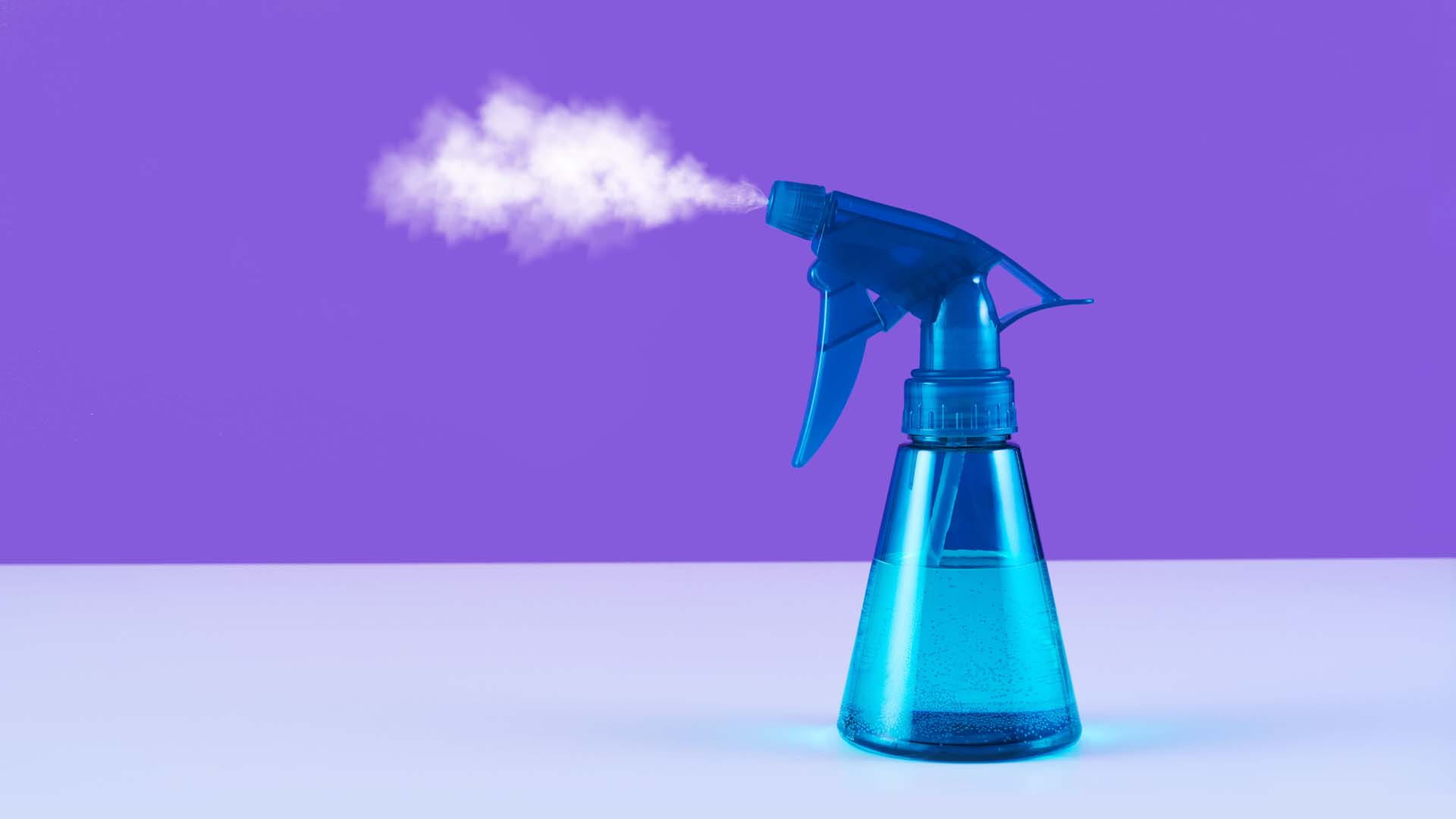
Experts share their cleaning tips and why you don't always need bleach to kill bacteria.

In recent years cleaning has got serious. We’ve never been more aware of viruses, and even the most laid-back housekeepers have been eyeing up the bleach and Googling new-generation germ-busters such as steam cleaners.
Lakeland has seen demand for antibacterial cleaners and wipes increase by 76% year on year.
"Many of us have cleaned like we have never cleaned before," says Debora Robertson, domestic agony aunt for The Telegraph.
"It’s about seizing what little control we have left in our lives."
Lynsey Crombie, ITV’s Queen of Clean and author of The 15-Minute Clean agrees but insists it’s as much about boosting mood as blitzing microbes.
"Cleaning is a form of escapism," she says. "Having a spick-and-span home helps us all feel better."
Cleaning has gone, well, viral on social media as ‘cleanfluencers’ turn it into an art form.
Charlotte Burges, brand manager of sustainable cleaning company Method, says customers have ‘clamoured’ for antibacterials made from gentler ingredients, such as lactic acid, as cleaning products have leapt off the shelves.
But should we be zapping every last microbe?
Microbiologists, the ultimate germ experts, come down on the side of caution.
"Generally, we should be more vigilant in the current climate," says Professor Val Edwards-Jones, emeritus professor of medical microbiology.
"Science shows that Covid-19 is in the air and lasts for long periods on surfaces so high-touch areas should be cleaned regularly." However, blitzing with bleach isn’t the best plan.
"Spraying bleach around is completely unnecessary and it can also harm our health," says Dr Sara Drais of the Microbiology Society. She points out that over-disinfecting could be counterproductive.
"Many microorganisms can be harmful to our health, but many others are beneficial to our bodies [aside from helping us digest food, bacteria produce natural antibiotics to repel harmful microorganisms]," she says.
"On the inside and outside of our bodies, we have trillions of bacterial cells that help our bodies with its natural function. An overuse of antibacterial products might compromise this and make us more susceptible to other, more harmful, microorganisms."
It seems we need to educate ourselves and clean not harsher but smarter.
Crombie says it all starts with basic good housekeeping. "Dusting, wiping surfaces clean and vacuuming helps slow the growth of harmful pathogens.
"It’s essential to wipe away grime before using disinfectants as they can’t do their work on dirty surfaces."
When Dr Drais cleans, she starts from the cleanest area of the home (it avoids spreading germs from the grubbiest corners).
She uses pretty standard products – Cif Cream (RRP £1.50 Tesco) for the kitchen and The Pink Stuff paste (Amazon) for the bathroom.
She says we should wear rubber gloves, never mix cleaning agents and avoid sprays as there’s a risk of inhaling irritating particles.
Asthma and Lung UK seconds her advice, warning that studies suggest being exposed to chemicals such as volatile organic compounds (VOCs), bleach and ammonia in harsh cleaning products can increase the risk of developing allergies or asthma.
"The sink is usually filth central"
With Covid having taken our focus, it’s easy to forget that other germs lurk around our homes.
"The sink is usually filth central," says Robertson. "It can harbour E. coli, salmonella, and other nasties."
Meanwhile a report published in Applied Microbiology warned that a single flush of the lavatory can send E. coli into the air where it floats for up to six hours.
So, putting the seat down isn’t just good manners – it’s basic hygiene.
Chopping boards are another dodgy area. According to NHS Direct, they have around 200% more bacteria than your loo seat. But scrubbing with bleach isn’t necessary or advisable.
Pop non-wooden boards in the dishwasher (on a cycle of at least 650C); for wooden boards, pour over freshly boiled water.
Before Covid, the pendulum was swinging away from harsh chemicals as we embraced new eco-products and cleaning more sustainably. The good news, according to the experts, is that there’s no reason to turn back.
"I go nuclear on some areas (sink, loo, hall) with kill-everything cleaner, but I’m adopting a gentler approach elsewhere," says Robertson, who recommends the cleaning brands Koh and Tincture.
"Bleach is still excellent in the sink and the toilet, however many of the new plant-based products have been extensively tested and proven to be as effective," adds Professor Edwards-Jones.
"I don’t bleach anything because most surface cleaners have a 99.99% kill and are antiviral if used properly. Leave them on for five minutes before cleaning with a cloth or antimicrobial wipe."
There’s also a welcome focus on habits we might recall from our youth. My mother believed in the power of fresh air.
"Since I was a child, opening windows was a common practice in my house," says Dr Drais. "It changes the air in our homes and gets rid of dust particles as well as microbes that might be airborne."
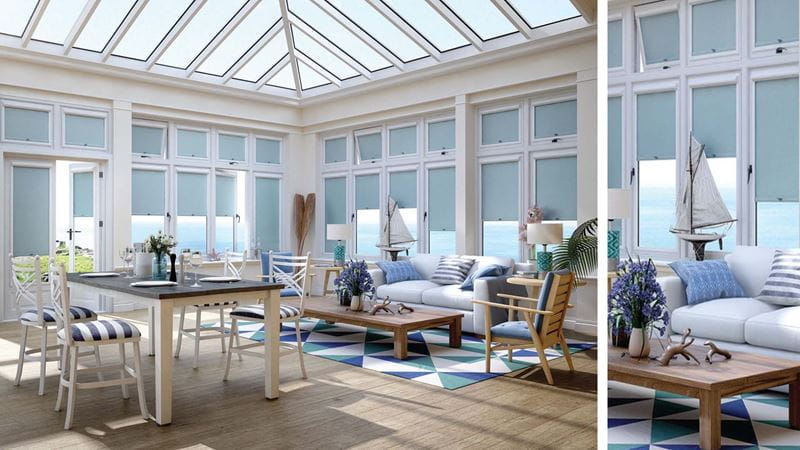
We’re also seeing a new steam age emerge.
"There’s been a massive increase in people investing in steam cleaners," says Crombie. "They’re a great alternative to bleach as steam will kill 99.9% of germs and bacteria and no product is required.
Steam lifts and breaks down dirt – it doesn’t push it around your floors like most mops. The majority of steam cleaners come with attachments so they can be used on most surfaces.
Professor Edwards-Jones agrees, "Steam cleaners are a very effective way of reducing microbial contamination."
Ultraviolet light is also making its mark. It’s estimated that our phones could contain more harmful bacteria than a public toilet seat (up to 18 times more germs).
Crombie advocates UVC light machines for phones and other small items that get handled a lot – keys, credit cards, watches. UVC is a shorter wavelength of ultraviolet light that is widely used in hospitals and commercial settings and is now coming into the domestic market.
"UVC machines are great for phones and keys – as you come in you drop them into the box and allow the machine to kill the germs," says Crombie. The UVC bulbs can disinfect phones in under 10 minutes.
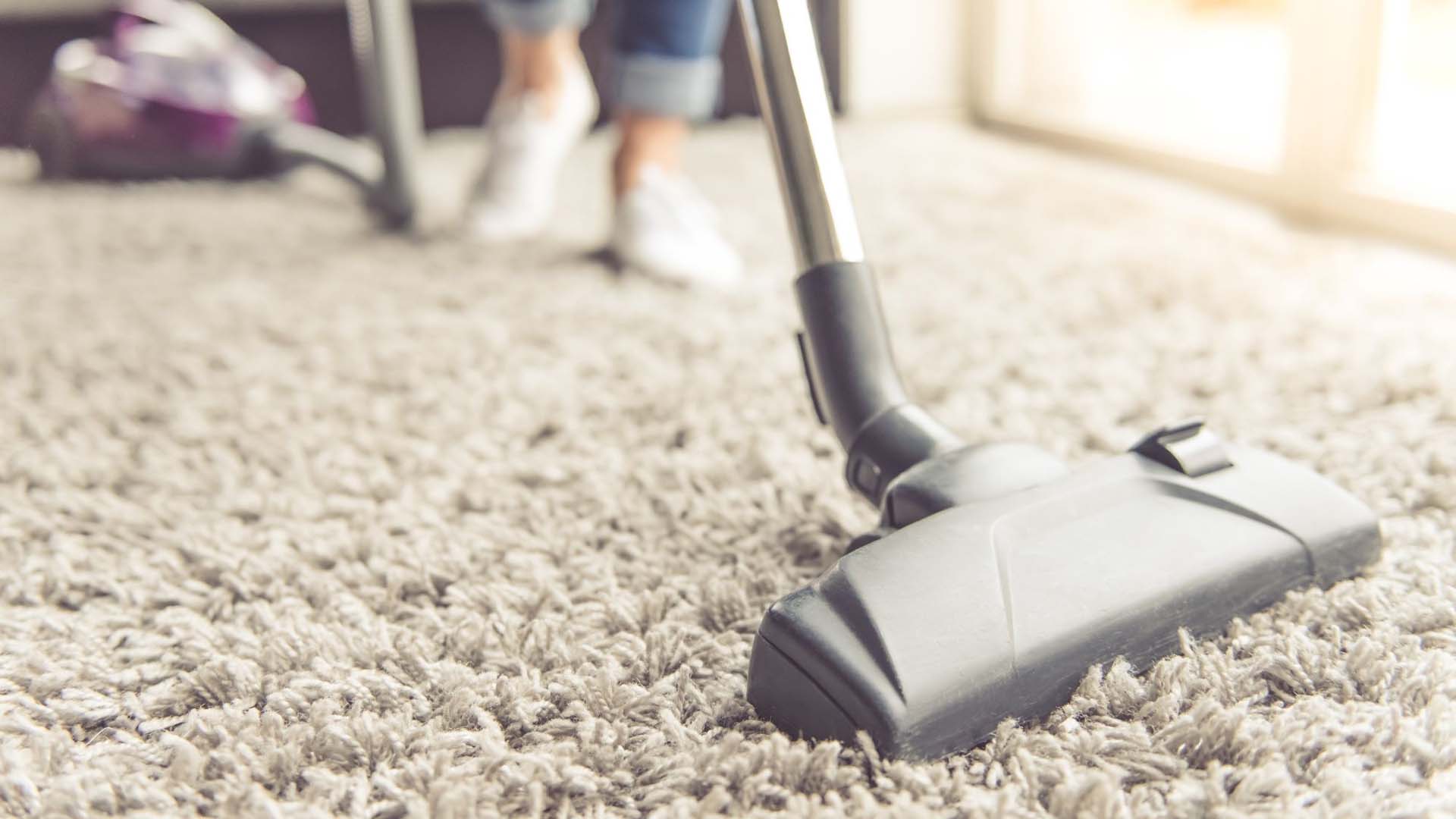
Learn how to avoid the most common vacuuming mistakes to ensure that your floors are spotless and free from allergens.
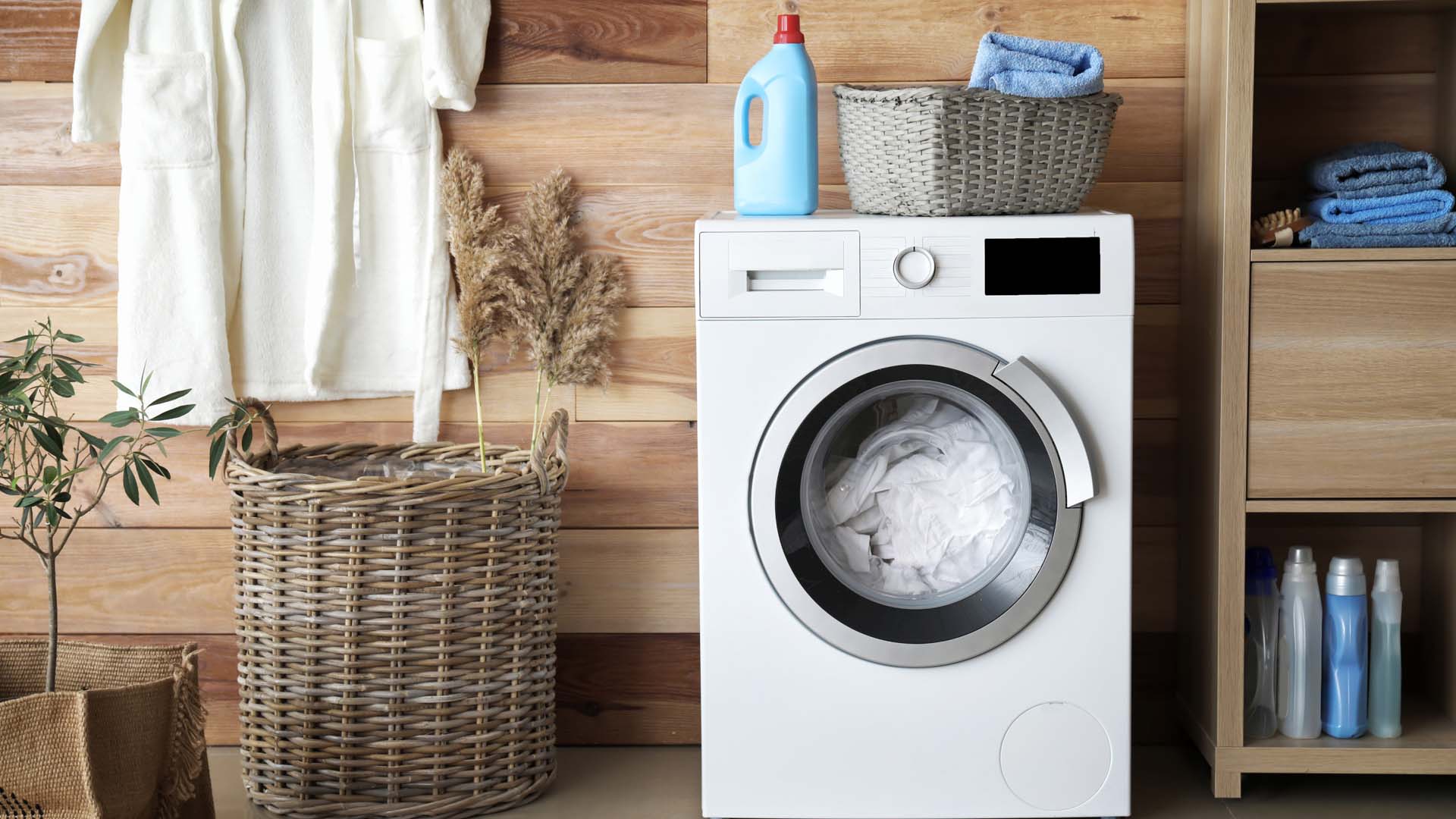
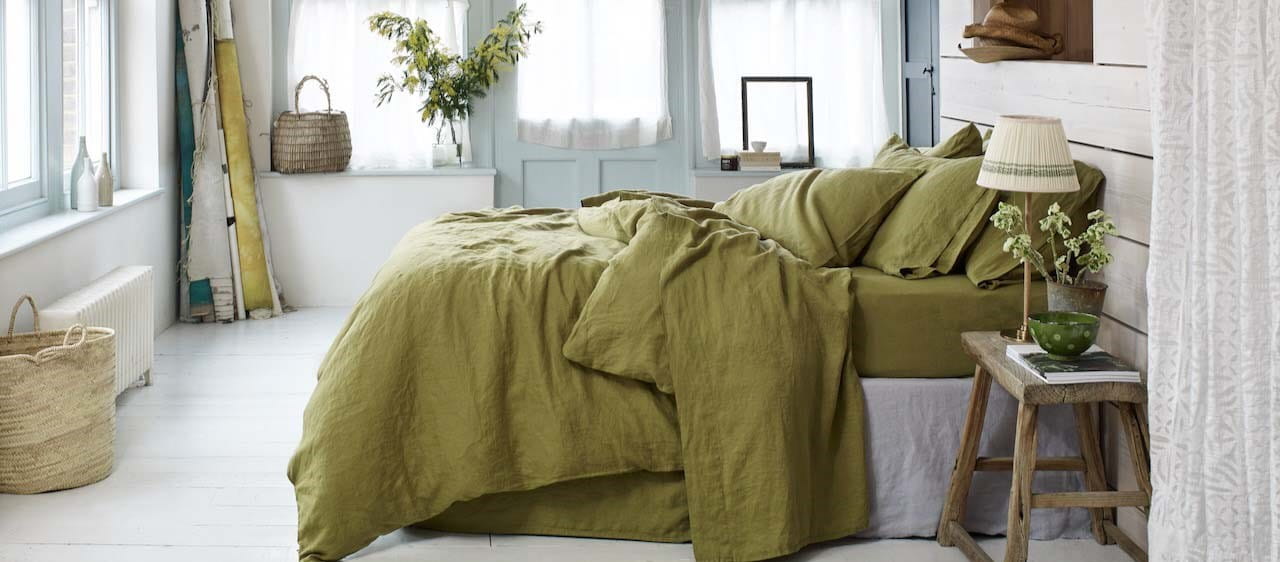
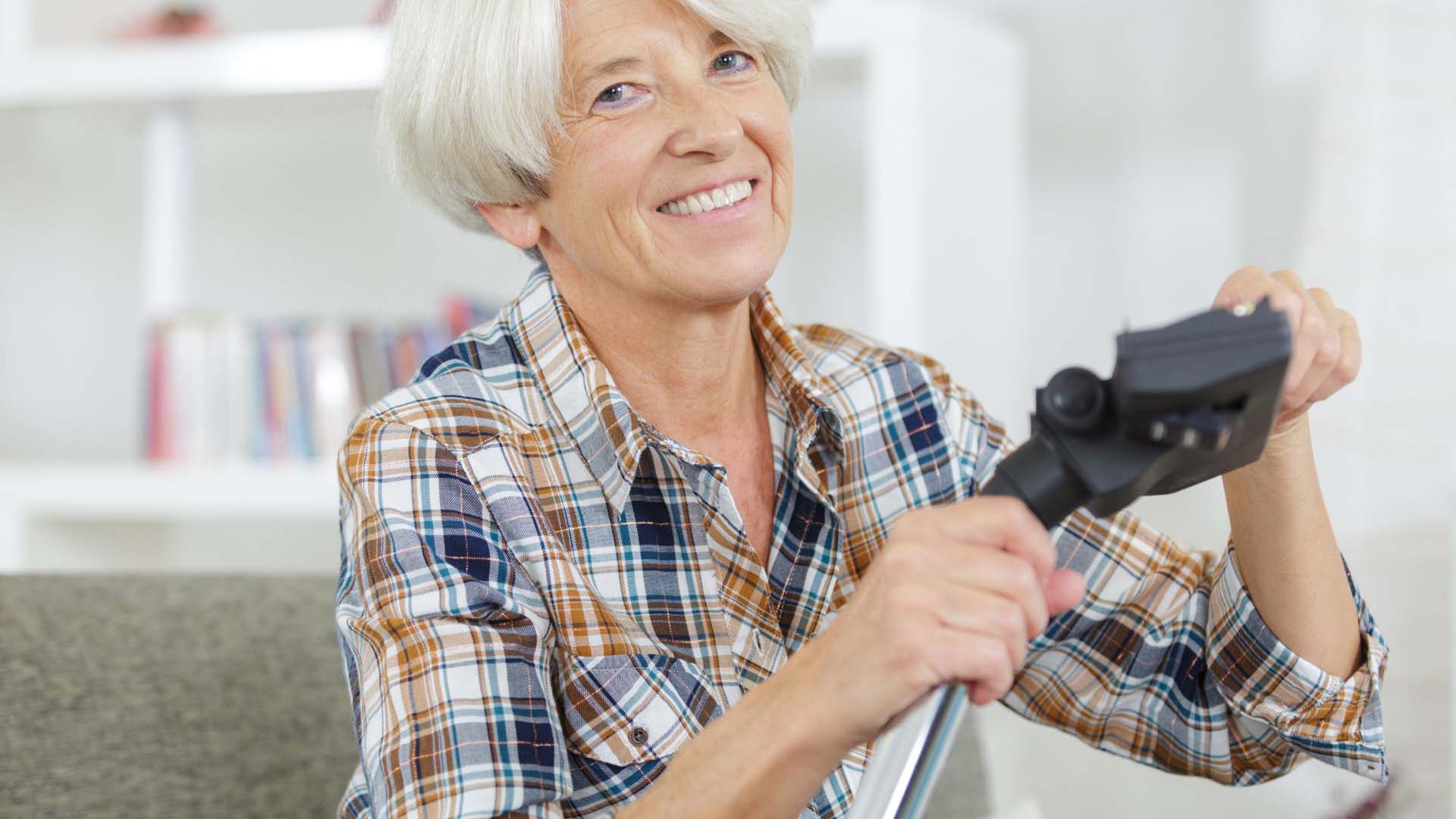
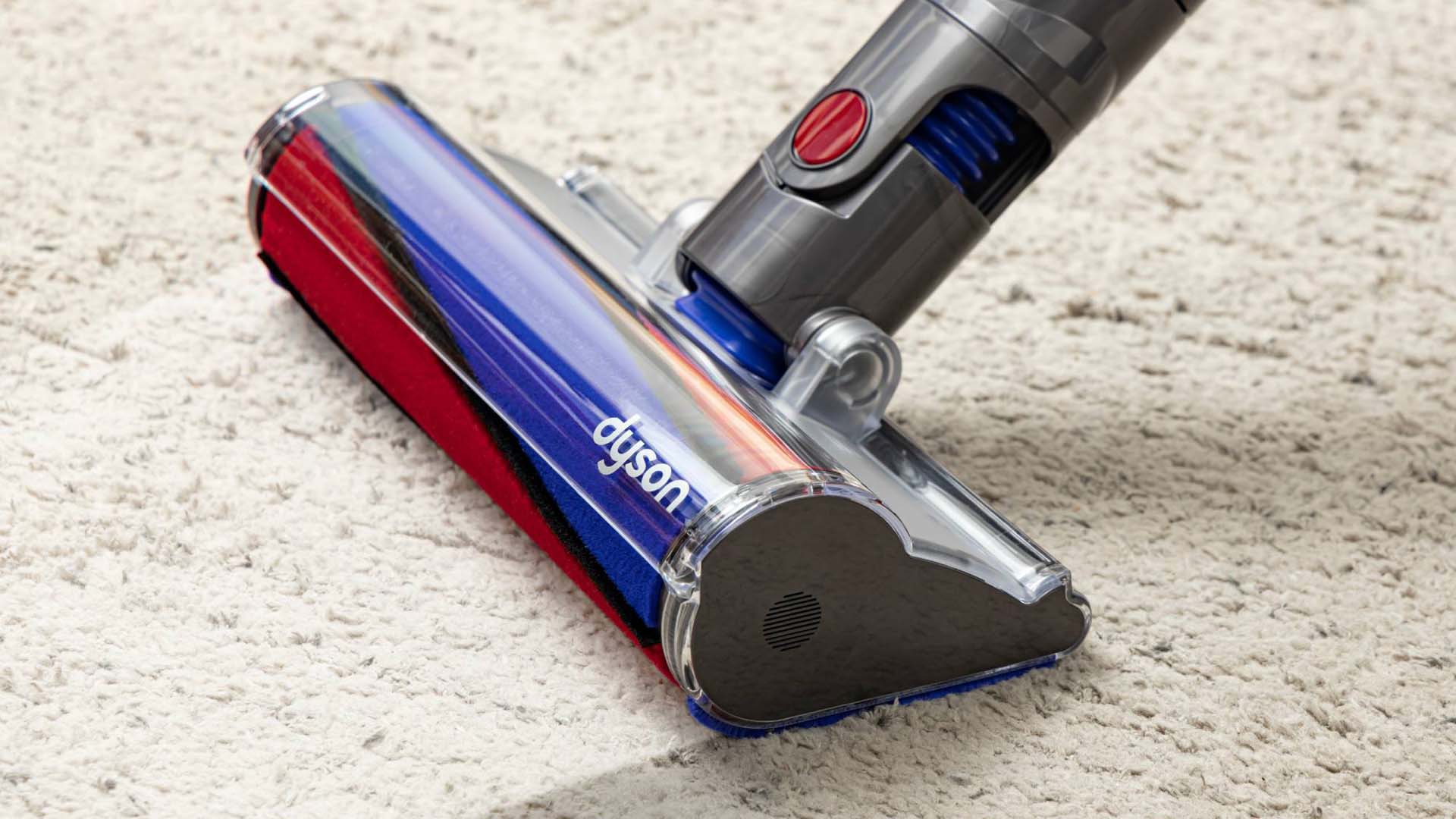
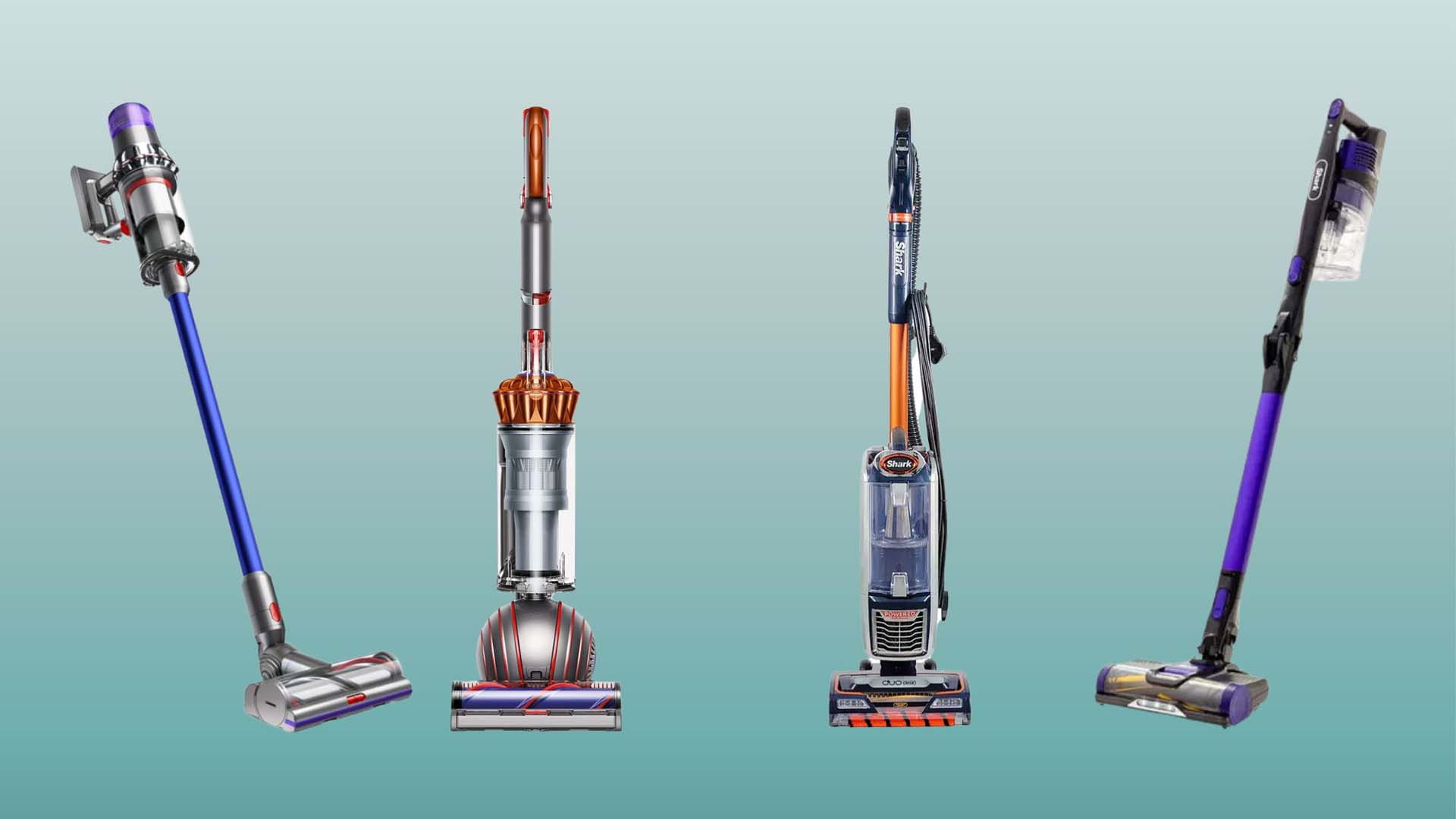
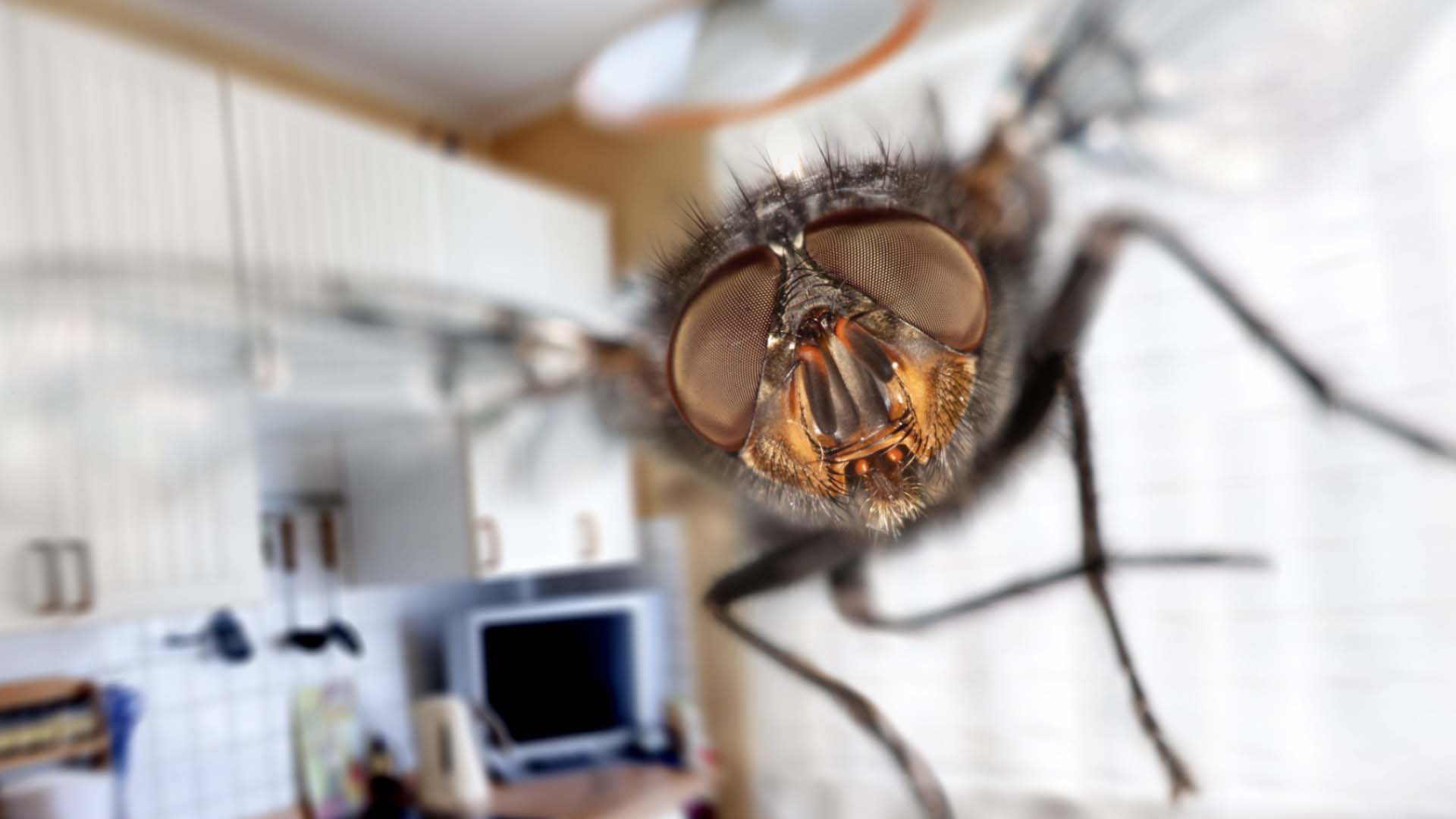
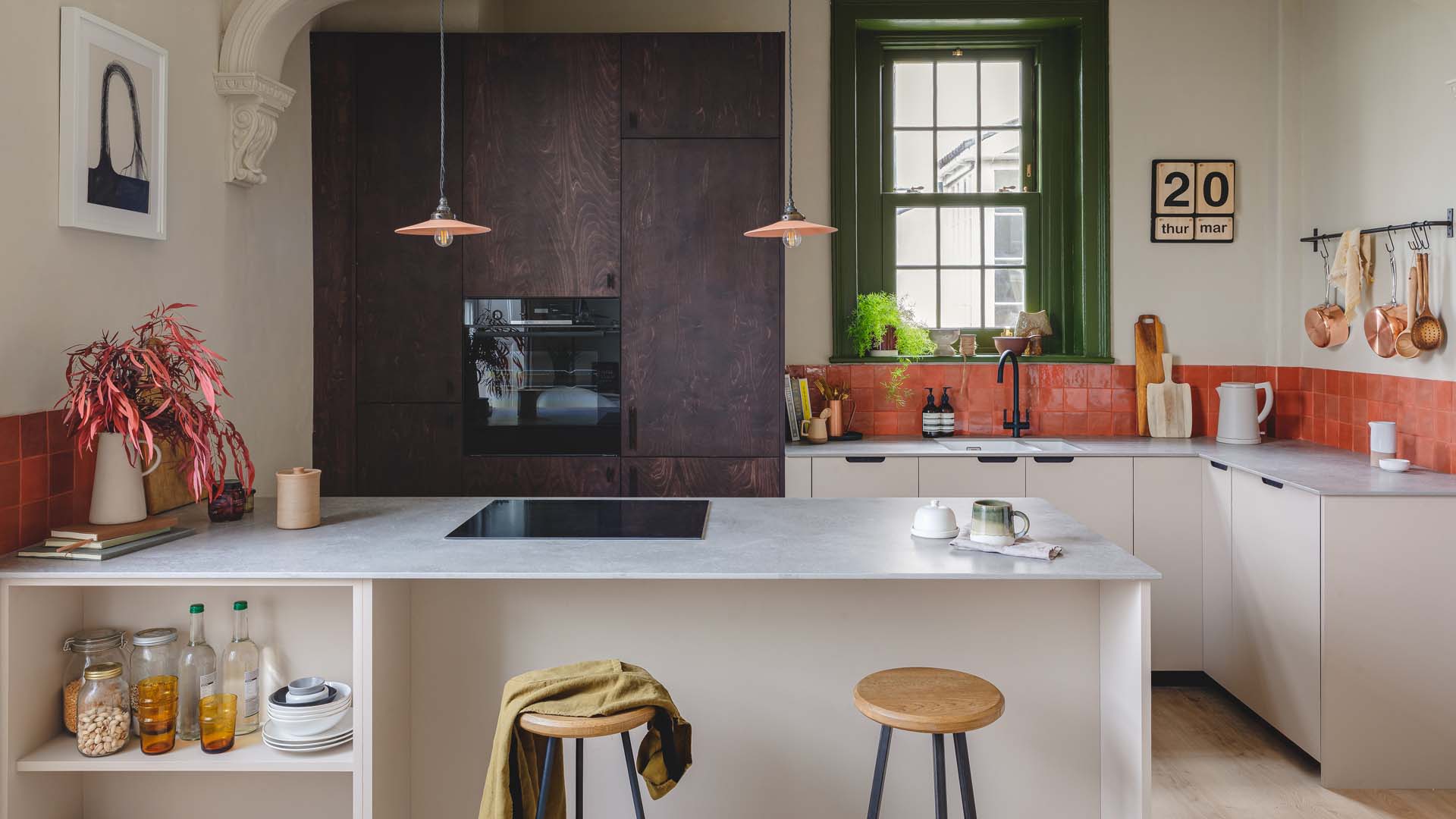

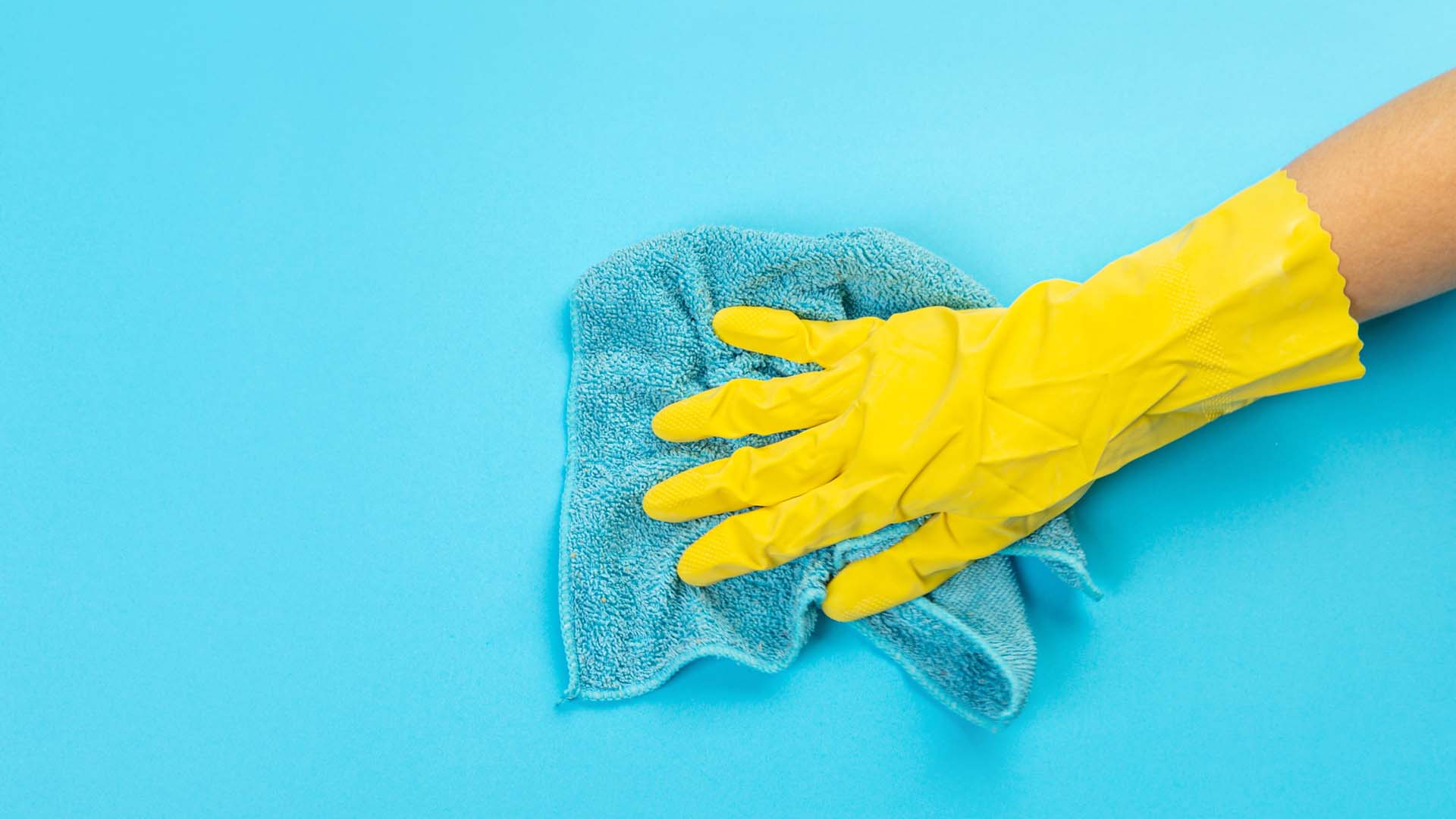
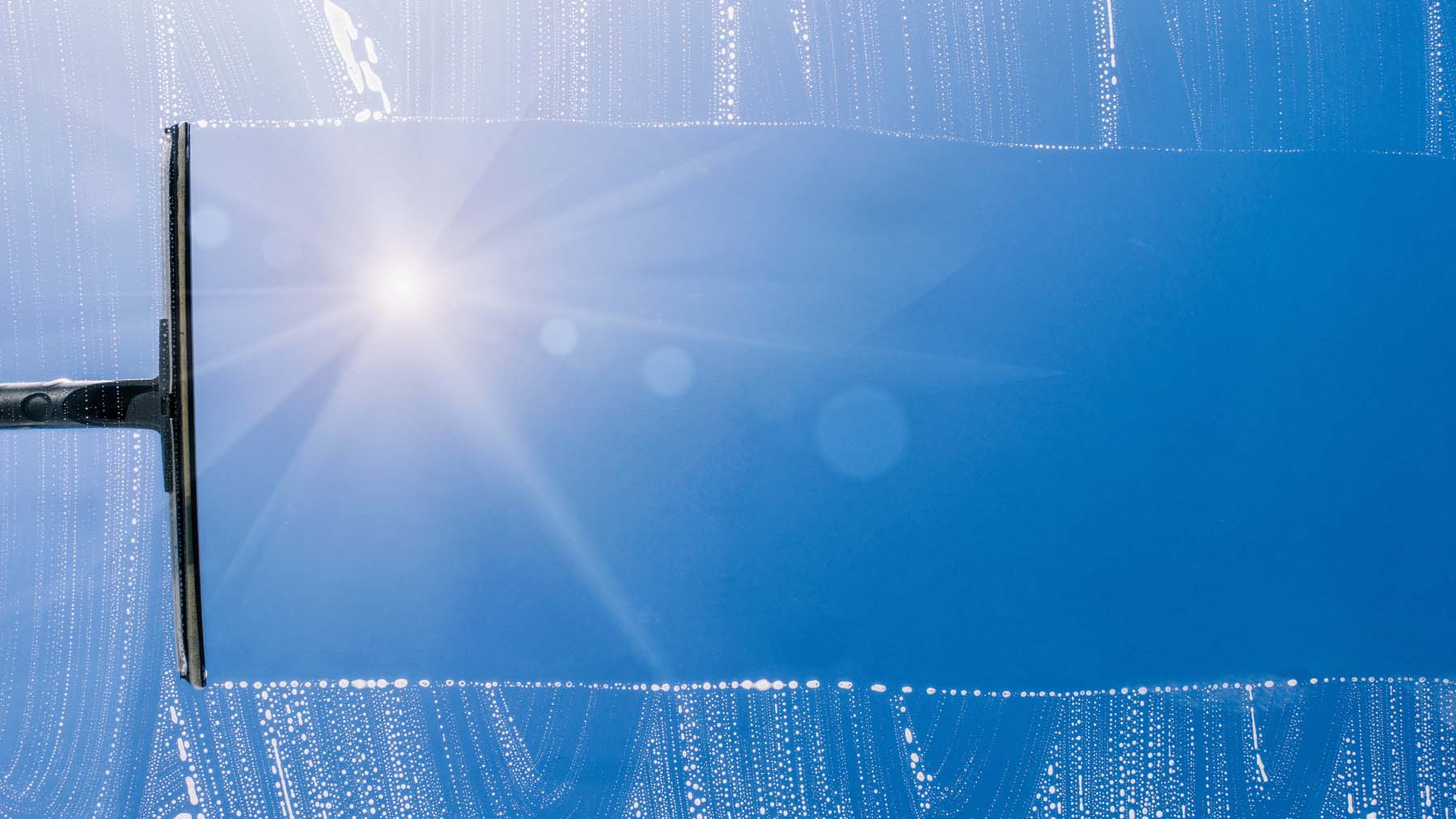
Create the perfect vista with our window cleaning tips.
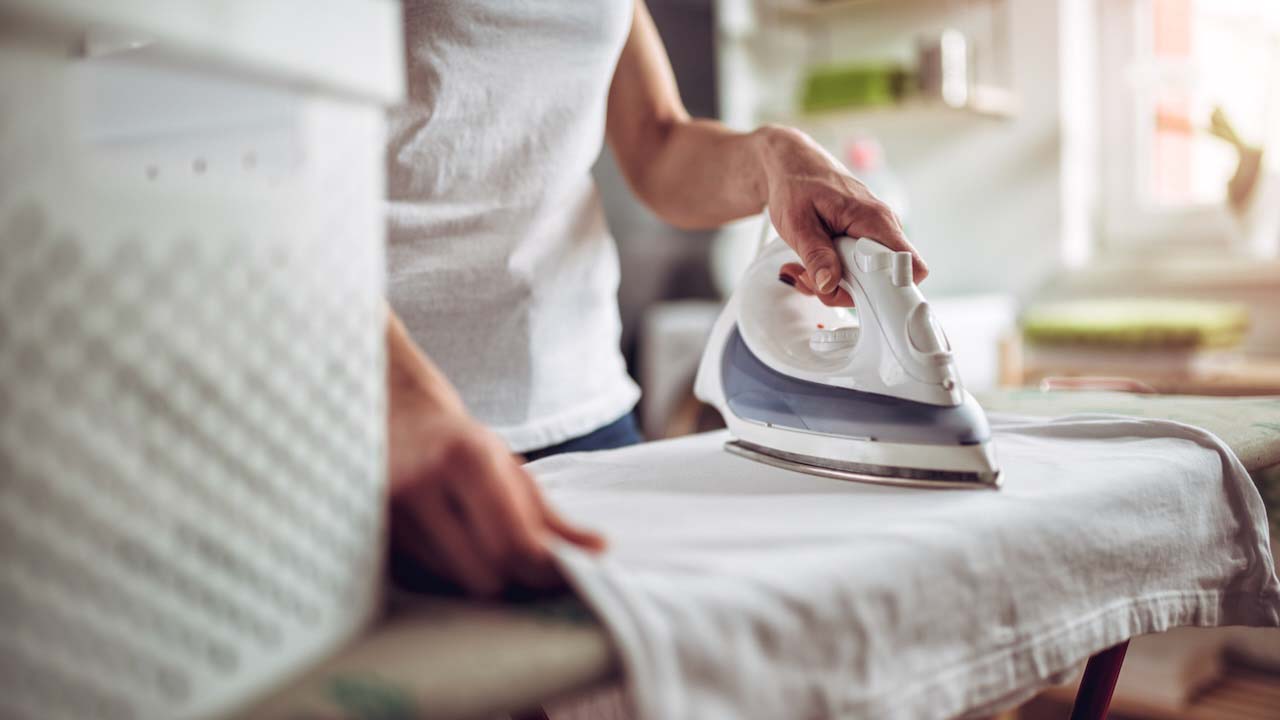
Because a scale-filled iron can ruin your clothes.